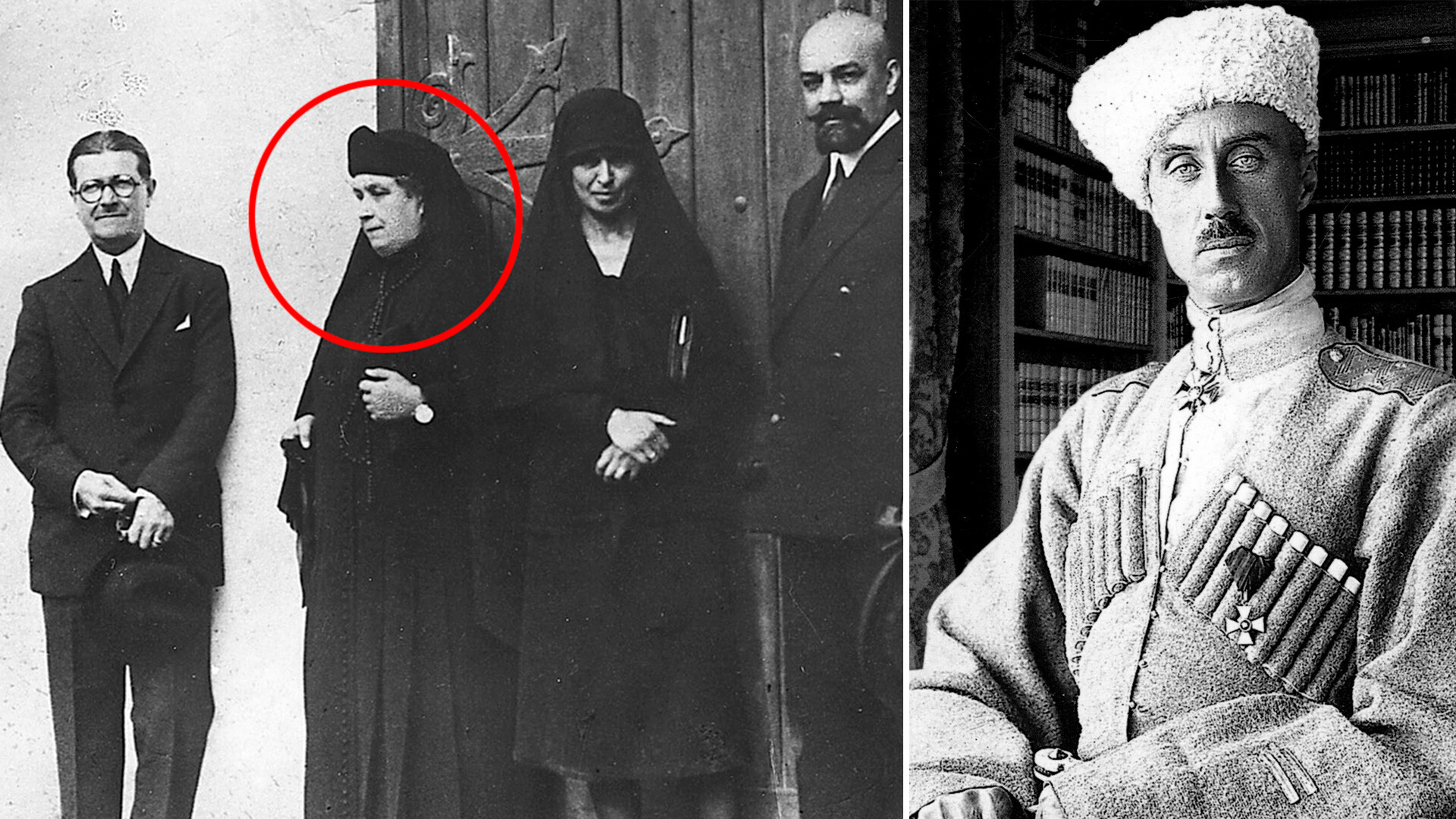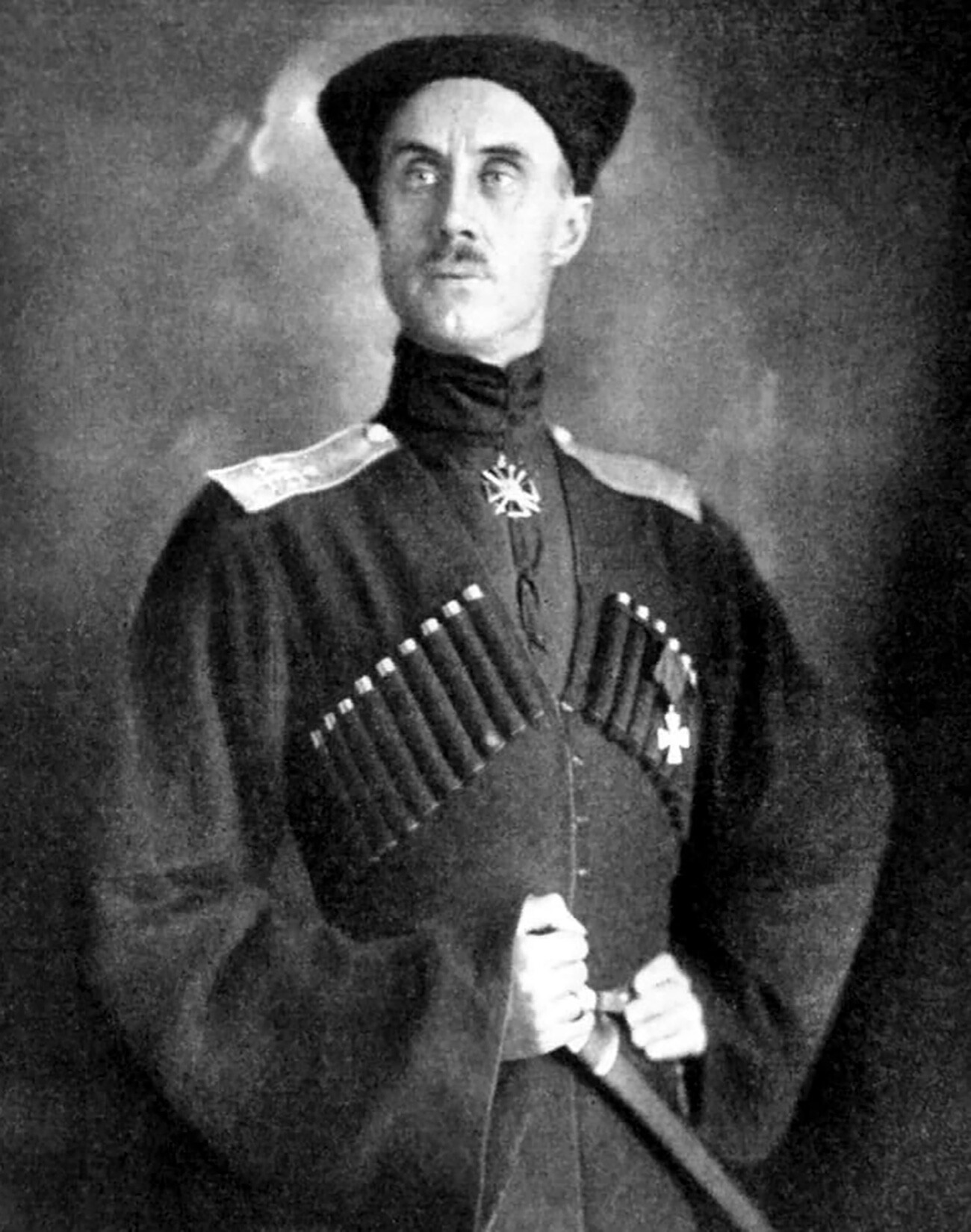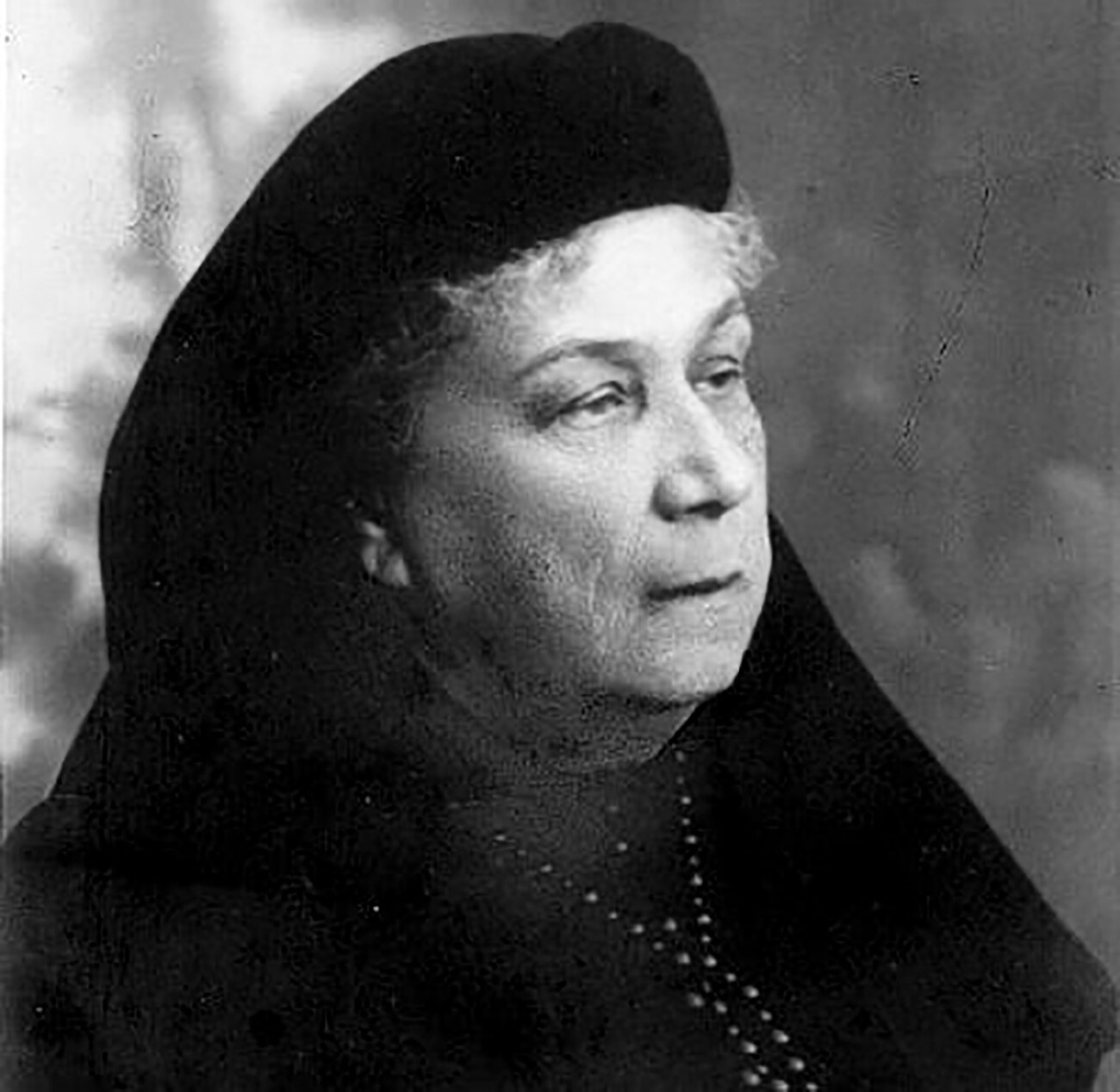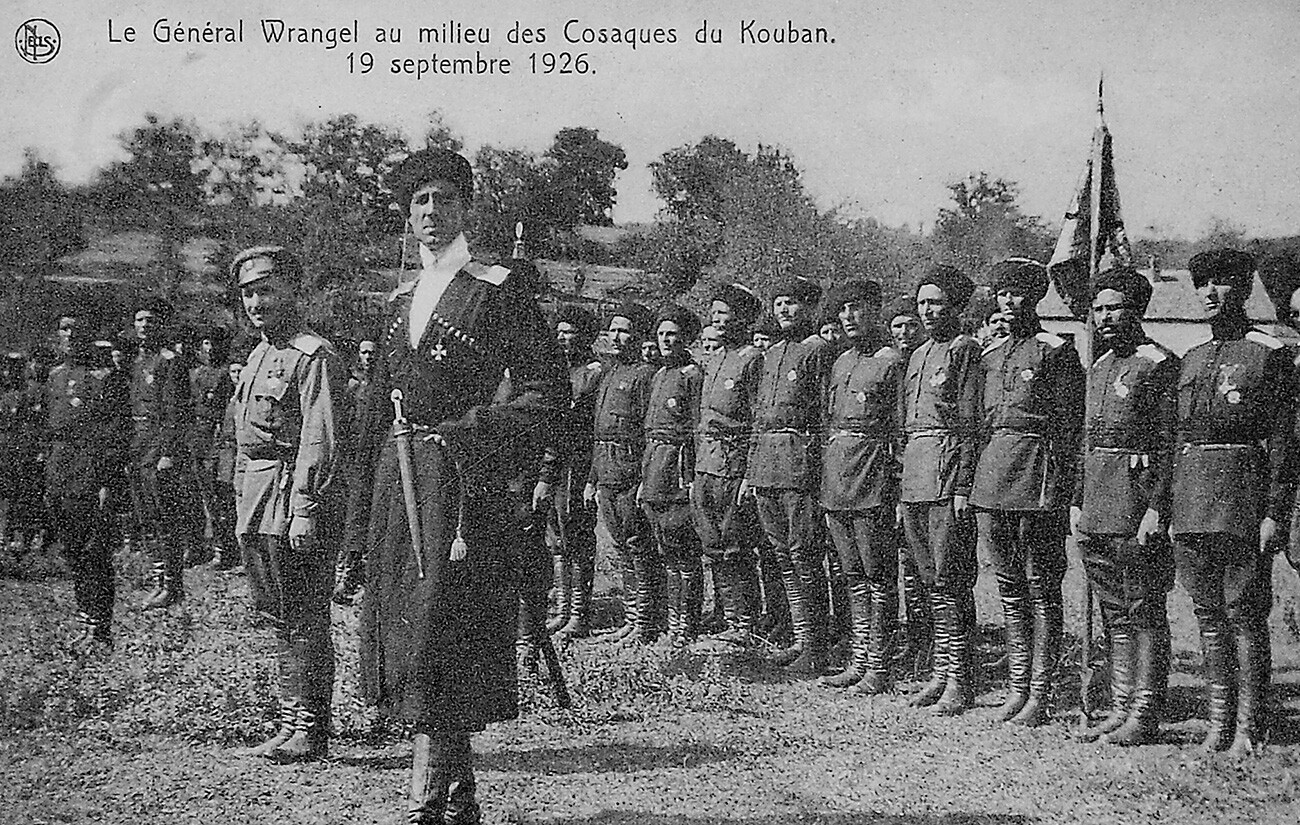
Her name was Maria Dmitrievna Wrangel. She was the mother of one of the main opponents of Soviet power in the Russian Civil War - Baron Pyotr Nikolayevich Wrangel.
While her son was fighting the Reds in the south of the country, Baroness Wrangel lived in Petrograd (now St. Petersburg). She was unable to escape Russia in time and was forced to take a job as a researcher at the Museum of the City situated in the Anichkov Palace.

Baron Pyotr Wrangel.
Public Domain“I, despite all the horrors of life and my particularly delicate personal situation, survived by some miracle,” Maria Dmitrievna recalled. “I lived under my surname, it was impossible to change it, as many people knew me. But, according to my work book, which replaced my passport, I was listed as: Maiden Wrangel, an office clerk.”
General Wrangel was by no means the last figure in the anti-Bolshevik camp, commanding divisions, corps and even armies. Nevertheless, no sanctions were taken against his mother by the Soviet authorities. At the same time, many relatives of less important White movement figures were arrested.

Maria Wrangel.
Public DomainThe situation for the Baroness changed in April 1920, when Pyotr Wrangel assumed the title of ‘Ruler and Commander-in-Chief of the Armed Forces in Southern Russia’. His name began to appear frequently in Soviet newspapers, while caricatures and proclamations to crush the “White Guard demon” appeared on the walls of houses.
The authorities still did not touch Maria Dmitrievna, but she came to the conclusion that it would not last long. Friends helped her to move to the suburbs of Petrograd, where she lived under the name of the artist Veronelli for some time.

Baron Wrangel in exile in 1926.
Public DomainAt the end of October 1920, Baroness Wrangel took the opportunity to escape “from these beasts” by fleeing to Finland. A few weeks later, with the remnants of his defeated army, her son also left Russia for good.
If using any of Russia Beyond's content, partly or in full, always provide an active hyperlink to the original material.
Subscribe
to our newsletter!
Get the week's best stories straight to your inbox